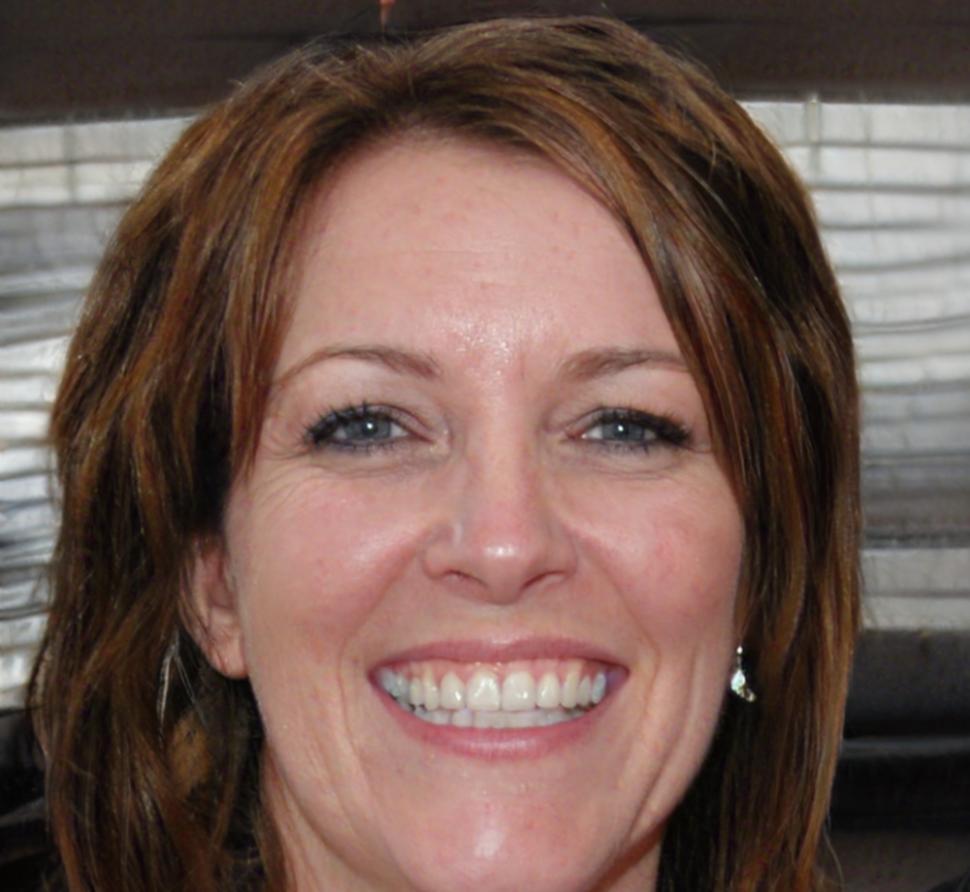Build Real Skills Through Hands-On Practice
Our programs focus on containerization and virtualization fundamentals. You'll work through structured exercises that mirror actual infrastructure challenges faced by Australian tech teams.
Choose Your Learning Path
Different people learn differently. Some need structure, others prefer flexibility. We've built three formats that work around your schedule and learning style.
Weekend Intensive
Saturdays and Sundays, 9am to 4pm. Six weekends total. Perfect if you work full-time and want to knock this out in under two months. Labs stay open until 6pm if you need extra time.
Evening Track
Tuesdays and Thursdays, 6:30pm to 9pm. Runs for twelve weeks. Good option for parents or anyone who can't commit full days. Same content, just spread out more.
Self-Paced Access
Access to all materials, lab environments, and recorded sessions for six months. Book one-on-one sessions when you get stuck. Works if your schedule changes unpredictably.

Common Roadblocks and How We Handle Them
Most people run into the same issues when learning infrastructure tech. Here's what usually happens and what we do about it.
Setup Takes Forever
You get pre-configured environments from day one. No spending three hours installing dependencies. Just log in and start working.
Cryptic Error Messages
We maintain a troubleshooting database built from actual student questions. Search by error code and you'll find explanations in plain language, not documentation speak.
Falling Behind
Progress tracking shows exactly where you are. If you miss a session, recorded versions go up within two hours. Catch-up labs run every Saturday morning.
Theory Without Context
Every concept ties to a real scenario. When we cover Docker networking, you're building a multi-container app that actually needs service discovery.
Stuck After Hours
Private Discord with teaching assistants monitoring until 10pm weeknights. Most questions get answered in under twenty minutes. Weekend support runs noon to 6pm.
Information Overload
Each module has a single-page reference sheet. Just the commands and concepts you actually use. No thirty-page PDFs nobody reads.
What Previous Students Built
Final projects from recent cohorts. These are the kinds of things you'll be able to create by the end.
Automated Deployment Pipeline
Freya built a system that takes code from GitHub, runs tests in isolated containers, and deploys to staging if everything passes. She had zero DevOps experience before starting and now maintains the build infrastructure at her company.

Development Environment Cluster
Henrik set up a virtualized cluster that his team uses for testing. Developers can spin up exact copies of production without touching actual servers. Saves his company about six hours per week in environment setup time.

Container Health Dashboard
Salma created a monitoring system that tracks container metrics and sends alerts when something breaks. Started as a class exercise and evolved into something her workplace actually uses in production now.

Legacy System Containerization
Declan took an old monolithic application and broke it into containerized services. The project taught him how to handle data persistence, service communication, and gradual migration strategies without causing downtime.

Applications Open for September Cohort
Classes fill up quickly because we cap enrollment at twenty students per instructor. Early applications get priority for schedule selection.
